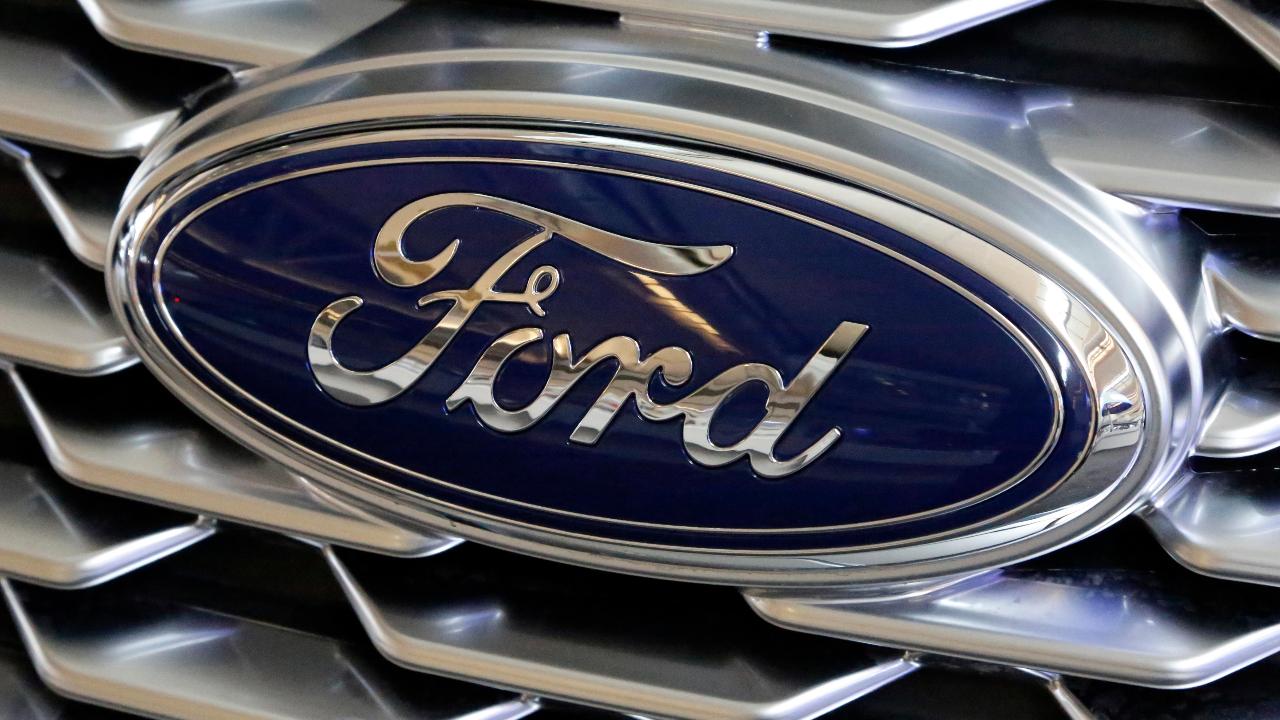While Ford cuts sedans, GM sees an opportunity
Ford is taking the drastic step of removing nearly all cars from its model lineup, betting that a surge in SUV and truck demand in the U.S. will strengthen profits.
Its rivals, though, appear committed to maintaining at least a partial foothold in a segment that continues to account for millions of vehicles sold each year.
Ford said Wednesday that it will no longer sell sedans in North America. By 2020, 90% of its lineup will consist of trucks and SUVs. The company’s revamped car lineup will consist of just two models: the Mustang and a new crossover, the Focus Active.
In addition to declining sales across the industry, Ford noted that small cars are a drag on earnings. Ford loses money on its small cars and most Lincoln models, according to Chief Financial Officer Bob Shanks. Ford didn’t share any new details about its strategy for Lincoln, but the Continental and MKZ—luxury models that share platforms with the outgoing Fords—also may be in danger of elimination.
Ford won’t be the first automaker to pull slow-selling and unprofitable sedans from its showrooms, a response to buyers’ preference for larger vehicles. Fiat Chrysler ceased building the Dodge Dart and Chrysler 200 in 2017, shifting production capacity to Jeep SUVs and Ram trucks.
Other automakers, including General Motors, have eliminated shifts at factories that build small cars.
The shocking part of Ford’s announcement is “how quickly and how many vehicles” it chose to scrap in one move, said Jessica Caldwell, executive director of industry analysis for Edmunds. The Fiesta, Focus, Fusion, Taurus and C-MAX will all be removed from the Blue Oval’s lineup. Ford sold about 466,000 of those vehicles in the U.S. last year.
“It’s definitely a tough decision,” Caldwell said. “Here in the U.S., it certainly makes sense. Ford is known for SUVs and trucks. It hasn’t had much success in the passenger car segment.”
CFRA analyst Efraim Levy cautioned that while Ford’s move to cut spending is a positive, there are “strategic risks and opportunity costs for essentially going 'all-in' on trucks, utility vehicles and commercial vehicles,” he wrote in a note to clients.
Ford’s exit from the North American car market opens a door for rivals in need of a sales boost.
Sales of light trucks, including SUVs, pickups and vans, grew 9.8% year-over-year in the first quarter, based on Autodata’s tally of industrywide sales. Passenger cars fell almost 11% during the same period of time.
SUVs alone will account for half of domestic new-vehicle sales by 2020, according to Ford’s projections. Still, four of the 10 best-selling vehicles in the U.S. last year were passenger cars, and small cars offer entry-level prices for buyers on a budget.
“The segments are still significant,” GM CEO Mary Barra told analysts on an earnings call Thursday. “Because we’ve made the investments, we need to deploy little to no capital going forward, so we view [cars] as an opportunity. What you’ll see us do is play very efficiently in a segment that, although it is declining, there is still an opportunity.”
GM reportedly has considered discontinuing some cars such as the Chevrolet Impala. The company, however, is expected to stick with other models, at least in the short term.
| Ticker | Security | Last | Change | Change % |
|---|---|---|---|---|
| F | FORD MOTOR CO. | 13.80 | +0.08 | +0.58% |
| GM | GENERAL MOTORS CO. | 84.24 | +0.94 | +1.13% |
| FCAU | NO DATA AVAILABLE | - | - | - |
Caldwell said some automakers could view Ford’s absence as a chance to grab a “larger piece of a smaller pie.”
In particular, Japanese car makers stand to benefit. Customers who own small cars made by import brands are far more likely to stay loyal to the segment, according to Edmunds data. Only half of the people who trade in a domestic passenger car choose to buy another one, instead moving to other segments like crossovers and trucks.
As a result, Toyota and Honda, two brands known for their small and midsize sedans, are less likely than domestic rivals to abandon sedans. The Toyota Corolla, Toyota Camry, Honda Civic and Honda Accord ranked among the 10 best-selling vehicles in the U.S. last year, despite shrinking volume for all of them except the Civic.




















